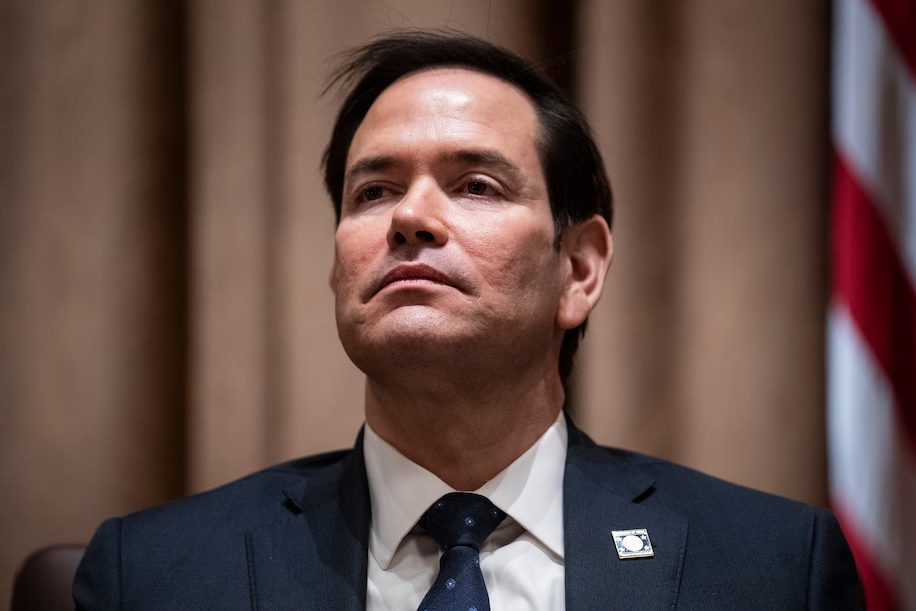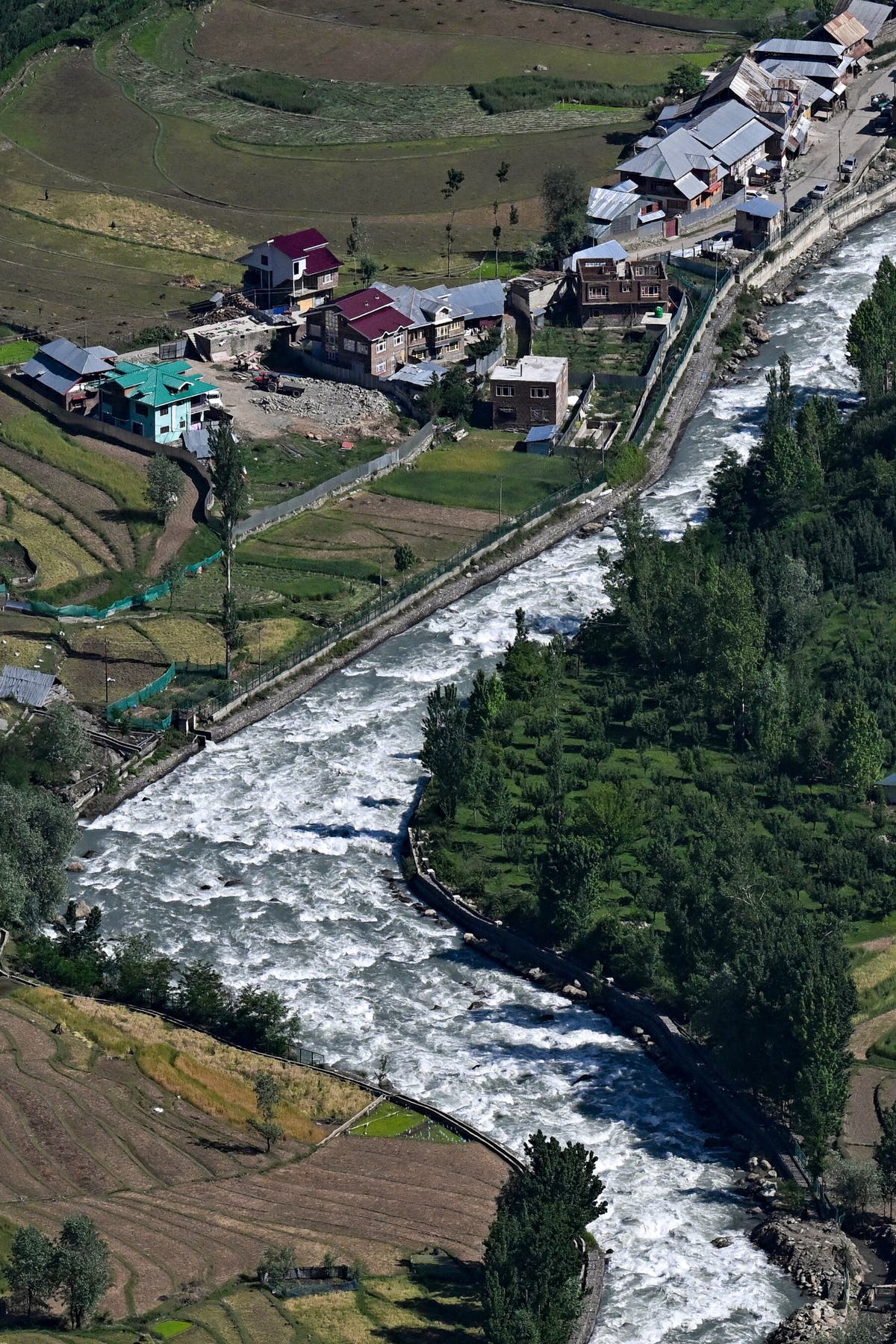Marco Rubio, once a prominent critic of Donald Trump, has undergone a significant transformation, emerging as one of the most influential figures in the current administration. Currently, he holds four prominent positions: Secretary of State, interim National Security Adviser, acting Administrator of the U.S. Agency for International Development (USAID), and acting Archivist of the United States. This consolidation of power is reminiscent of Henry Kissinger’s dual roles in the 1970s.
Rubio’s rapid ascent has been marked by a notable shift in his policy positions. Previously a staunch advocate for foreign aid and a critic of authoritarian regimes, he now aligns closely with Trump’s “America First” agenda. Under his leadership, USAID has experienced significant budget cuts, leading to the closure of health clinics across Africa and the Middle East. These reductions have raised concerns about the resurgence of infectious diseases in these regions.
In his role as Secretary of State, Rubio has defended Trump’s diplomatic outreach to adversarial nations, including Russia, Iran, Hamas, and Venezuela. This stance contrasts sharply with his earlier hawkish positions on foreign policy. His aides emphasize that Rubio’s role is to implement the President’s vision, not to serve as a moderating force.
Despite the high turnover in Trump’s national security team, Rubio has managed to maintain his standing by avoiding public dissent and aligning closely with the President’s directives. He has also initiated a downsizing of the National Security Council (NSC), aiming to shift more policymaking responsibilities to the State Department. This move is seen as an effort to streamline decision-making and reduce bureaucratic inertia.
Rubio’s consolidation of power has not gone unnoticed. While some view his expanded roles as a testament to his adaptability and political acumen, others express concern about the concentration of authority and the potential for overreach. As he continues to navigate the complexities of his multiple positions, Rubio’s actions will likely have lasting implications for U.S. foreign policy and the structure of the executive branch.
In summary, Marco Rubio’s transformation from a traditional conservative senator to a central figure in Trump’s administration underscores the evolving dynamics of American politics and the shifting contours of executive power.
Source: The Washington Post



